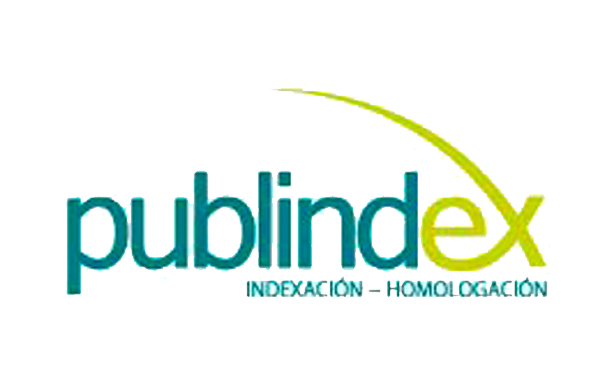Service Ideal: Origins of the philosophical inadequacy of engineering
Abstract
Engineering, as a profession, faces the difficulty of combining its body of knowledge with its ideal of service; relation that is clear in traditional professions such as medicine or law. This inadequacy is one of the main causes of the difficulty that is faced when trying to define engineering. In the present work it is argued that the origin of the inadequacy lies in the way in which it has been assumed that it should be carried out the reflection in the field of engineering ethics, which lacks from an axiological foundation and transcends the curricula of the different engineering programs. In order to support what is stated in the paper, (1) some of the main definitions of engineering are analyzed, (2) it is explained the aforementioned inadequacy, (3) it is presented the relation of this inadequacy with the absence of an axiological foundation of the reflection around the ethics of engineering.Downloads
References
Center for the Study of Ethics in the Professions. (s/f). Engineering. Illinois Institute of Technology. Recuperado de http://ethics.iit.edu/ecodes/ethics-area/10
Consejo Profesional Nacional de Ingeniería – Copnia. (2003). Código de Ética para el ejercicio de la Ingeniería en general y sus profesiones afines y auxiliares. Recuperado de https://copnia.gov.co/codigo-de-etica-profesional/
Davis, M. (1998). Thinking Like an Engineer: Studies in the Ethics of a Profession. New York: Oxford University Press.
Durbin, P. (1991). Critical Perspectives on Nonacademic Science and Engineering. Bethlehem, PA.: Lehigh University Press.
Durbin, P. (2007). Philosophy of Techonology. Techné: Research in Philosophy and Technology, 10 (2), 101-131.
Durbin, P. (2010). Multiple Facets of Philosophy and Engineering. En van de Poel, I. y Goldberg, D. (Eds.) Philosophy and Engineering. An Emerging Agenda, 41-48. Dordrecht: Springer.
Frondizi, R. (1958). ¿Qué son los valores? México D. F.: Fondo de Cultura Económica.
Goldberg, D. (2013). Is engineering Philosophical Weak? En D. Michelfelder, N. McCarthy y D. Goldberg (Eds.) Philosophy and Engineering: Reflections on Practice, Principles and Process, 391-405. Dordbrecht: Springer.
Han, H. (2015). Virtue ethics, positive psycology, and a new model of science and engineering ethics education. Science an Engineering Ethics, 21, 441-460. DOI 10.1007/s11948-014-9539-7
Idhe, D. (1995). Philosophy of Technology, 1975-1995. Philosophy & Technology, 1, (1), 1-8.
Mitcham, C. (2008). The philosophical weakness of engineering as a profession. En D. E. Goldberg y N. McCarthy (Eds.), Abstracts of the 2008 workshop on philosophy and engineering (WPE- 2008).
Mitcham, C. (2009). A Philosophical Inadequacy of Engineering. The Monist, 92 (3), 339-356.
Parker, S. (2008). Enciclopedia McGraw-Hill de Ciencia y Tecnología. México D. F.: McGraw-Hill Interamericana.
Schmidt, A. (2014). Changing the paradigm for engineering ethics. Science and Engineering Ethics, 20, 985-1010. DOI 10.1007/s11948-013-9491-y
Takahara, K., y Kajiwara, T. (2013). Engineering ethics education on the basis of continuous educaction to improve comunicationa ability. Electrical Engineering in Japan, 183 (3), 1-9.
Villoro, L. (2012). El poder y el valor: fundamentos de una ética política. México D. F.: Fondo de Cultura Económica.
Creative Commosn Licence 4.0








